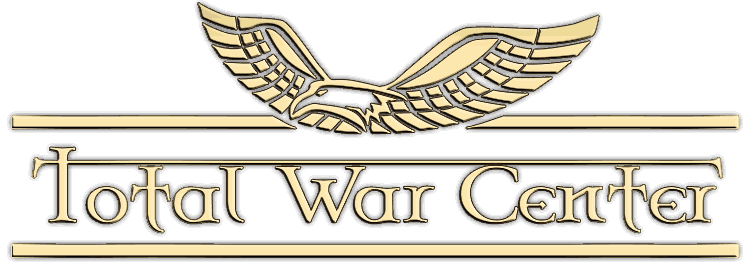Holy Roman Empire?
Despite Chinese propoganda Chinese language is never the same in different dynasty; Mandarin was merely a local dialect that spoke in north-east part of China before it was pushed to whole country through uniform education during Republic of China time (in other words, merely a hundred year). In fact, it is known the "official" languange spoke in Tang court probably is more close to some today's southern dialect, such as Hakka.









 Reply With Quote
Reply With Quote















